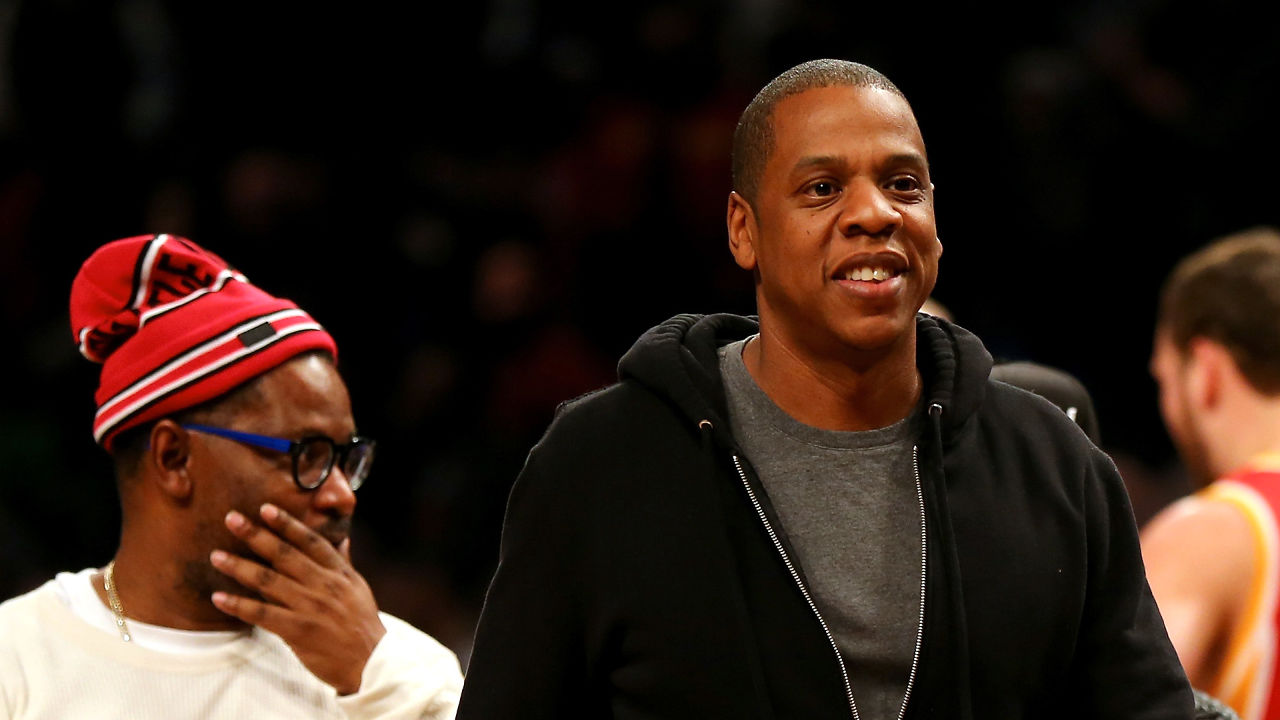
While Aspiro AB’s services have a fraction of Spotify’s subscribers, they stream only high-fidelity tracks for the audiophile market.
Jay-Z just bought into the streaming music industry. The rapper’s holding company, S. Carter Enterprises, LLC, agreed to buy Swedish company Aspiro for $56 million.
That’s a far cry from the $3 billion that Apple paid for Dr. Dre’s Beats product line and streaming service—but Aspiro isn’t a juggernaut. Bloomberg notes that Aspiro’s WiMP streaming service had 512,000 subscribers last fall, a fraction of Spotify’s 15 million global subscribers.
Rather, the Scandinavian Aspiro’s WiMP and Tidal music services boast higher-quality music in exchange for a $20 monthly subscription fee—twice the amount charged by competitors Spotify and Rdio. The appeal to audiophiles willing to pay more for high-fidelity tracks hints at Jay Z’s reasons for investing in a more expensive streaming service, especially as other companies run the other way.
Earlier this week, Sony announced the death of its in-house PlayStation console music streaming service, Music Unlimited, and replaced it wholesale with Spotify. And as Spotify, Pandora, and Rdio solidify their hold on streaming music, artists continue to rail against streaming services’ dilution of the listening experience. J. Tillman, known by his current stage name Father John Misty, announced that listeners could preview his new album on his satirical streaming service wherein “popular albums are ‘sapped’ of their performances, original vocal, atmosphere and other distracting affectations so the consumer can decide quickly and efficiently whether they like a musical composition, based strictly on its formal attributes, enough to spend money on it.”
Even if the service flops, it was only $56 million, a strategic investment by Jay-Z that can be added to restaurants, clothing labels, and champagne. But don’t underestimate the mighty mogul: When news broke about the champagne investment, a deeper dive revealed that Jay-Z had purchased a $50 million share in the company years earlier and quietly promoted it until his big buy last November—a shrewd move to keep investing in himself.
[via Bloomberg ]

